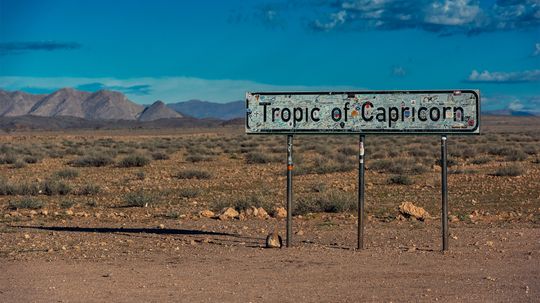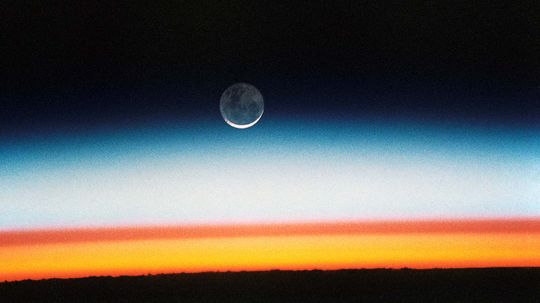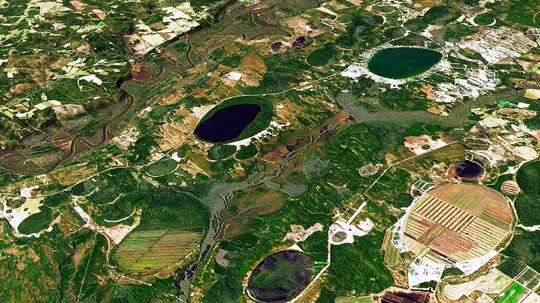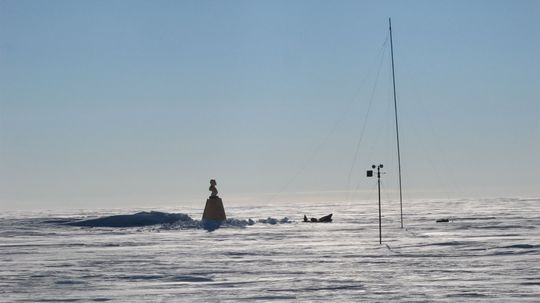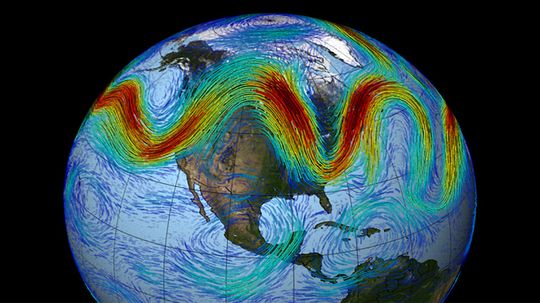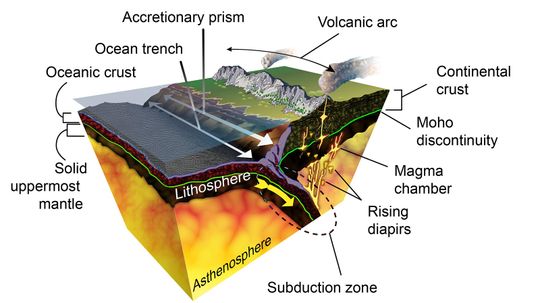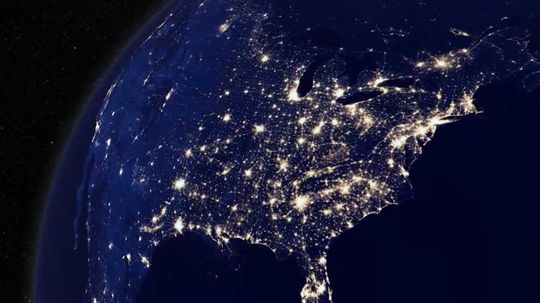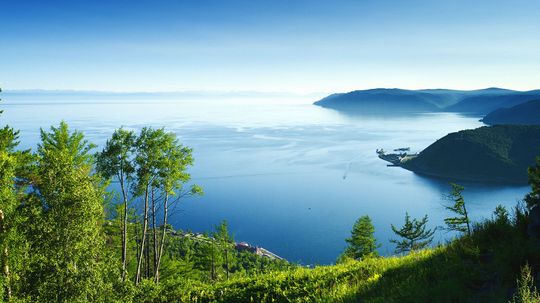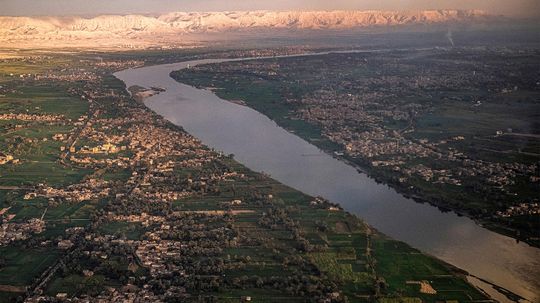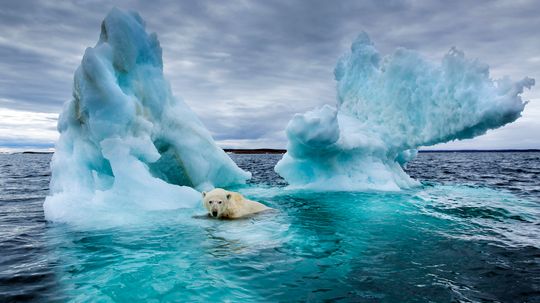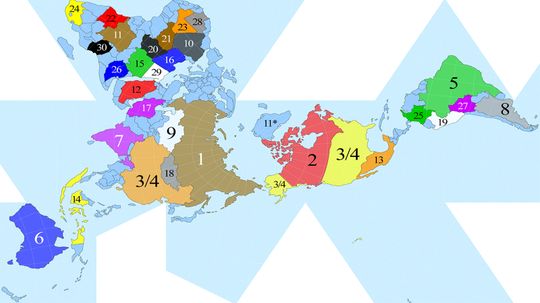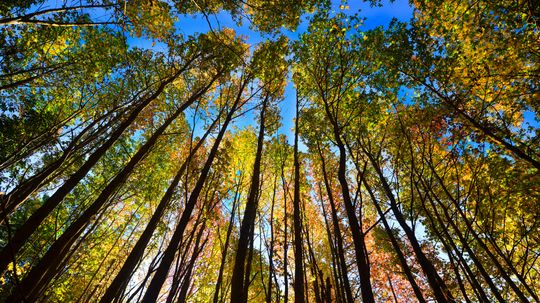Geophysics
Geophysics is the study of the forces that shape the Earth from a global perspective. Learn about gravity, plate tectonics and other topics.
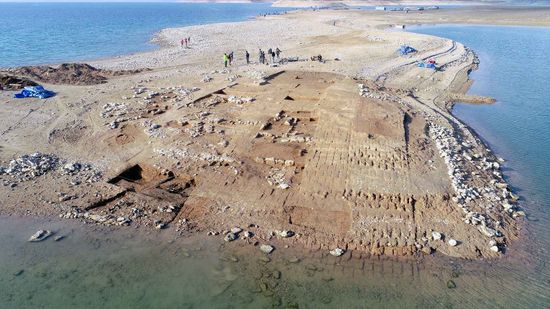
Worldwide Droughts Uncover Ancient Relics, Ruins and Remains
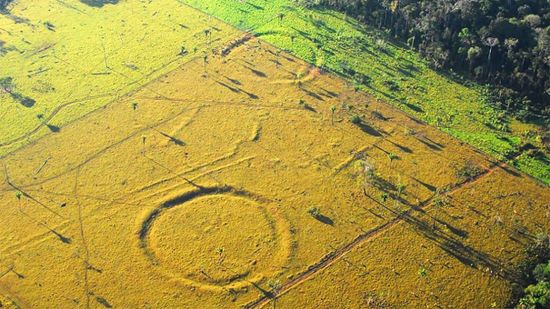
450 Huge Geometrical Earthworks in the Amazon Hint at Past Civilizations

Ancient Egyptians Believed Cats Had 'Divine Energy'

15 Types of Gemstones to Add a Little Sparkle to Your Life
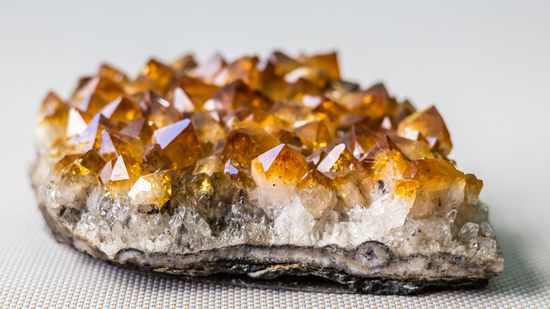
13 Brown Gemstones for Understated Elegance

10 Red Gemstones That Evoke Power and Bold Luxury
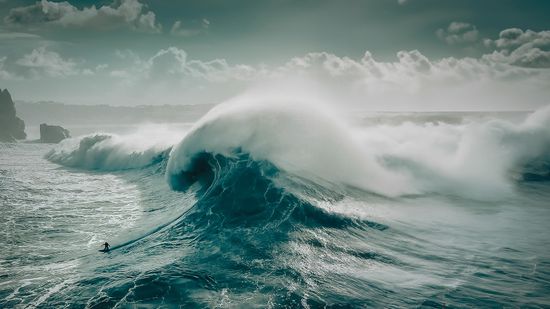
What Was the Largest Wave Ever Recorded?
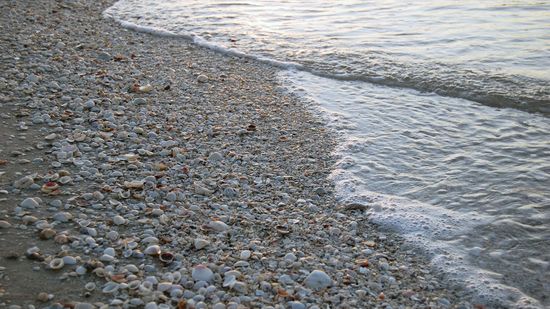
Where Have All the Seashells Gone?

HowStuffWorks: 10 Weird Sea Creatures
Learn More / Page 3
You've probably heard of the Tropics of Capricorn and Cancer, but do you know the difference?
The stratosphere is one of Earth's five atmospheric layers that also includes the troposphere, mesosphere, thermosphere and exosphere.
By Mark Mancini
Some say UFOs, while others say a meteor strike formed the Carolina Bays. Whatever created these isolated ponds and wetlands across North and South Carolina left a wondrous ecosystem that is in dire need of protection.
Advertisement
Few Americans like the switching between Daylight Saving Time and Standard Time, but there's conflict on whether to switch permanently to DST or to ST. What are the pros and cons of permanent DST?
The Poles of Inaccessibility are the locations on Earth that are the farthest away from either water or land and are the most remote spots in the world.
Rossby waves influence everything from high tides to extreme weather patterns, and not just on Earth. They also occur on the sun and on Venus and Jupiter as well. So, what are they exactly?
By Mark Mancini
The decision made at the 27th General Conference on Weights and Measures will scrap leap seconds for good by 2035.
Advertisement
This seismic boundary lies within Earth between the bottom of crust and the uppermost mantle. But nobody has ever dug down deep enough to confirm it exists. So does it?
The United States is divided into 50 states, small and large. So which is the biggest state in the U.S.A.?
You could stack the Eiffel Tower, the Washington Monument and the Statue of Liberty in Crater Lake, the deepest lake in the U.S. But, do you know what the deepest lake in the world is?
Sarah Palin never really said she could see Russia from her house. But how far is Russia from Alaska anyway? And can you see one country from the other?
By Mitch Ryan
Advertisement
When it comes to rivers, longest doesn't necessarily mean biggest, and length can be difficult to determine, so the top spot will always be debated.
The Arctic Circle is a region marked by frigid temperatures, strange sunlight and glaciers galore. And for hundreds of thousands of people, it's also home sweet home.
By Mark Mancini
The seven largest countries in the world account for nearly half of the world's land area, but one is far larger than the rest. Do you know what the largest country is?
The autumnal equinox is the day Earth is perfectly angled to the sun, so the day and night are of equal length. Well, almost.
